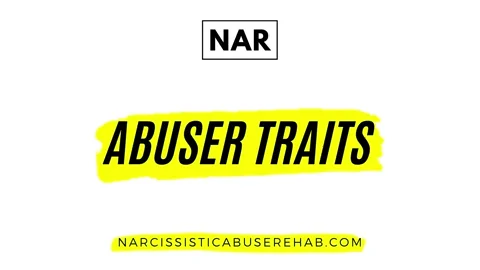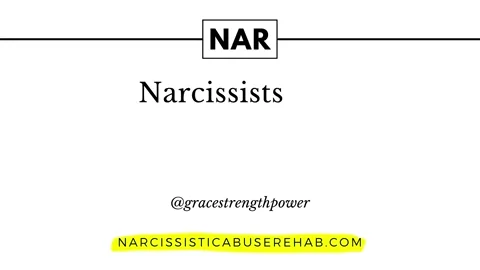At dinner, your partner generally acts normal, except for one thing: they're speaking to everyone but you.
When you try to engage in the conversation, your partner subtly ignores your contribution or changes the subject. No one else notices what is going on, but you feel stressed and unsure how to continue.
 Photo by Andrik Langfield on Unsplash
Photo by Andrik Langfield on UnsplashIt's possible you might be getting the silent treatment — a tactic narcissists often use to punish or manipulate people. Recognizing this behavior can help you regain control.
Am I Dealing With A Narcissist?
We all interact with people who sometimes behave in self-absorbed, or self-serving ways, but that doesn't make everyone we meet a narcissist.
A narcissist is...
extremely self-centered with an exaggerated sense of self-importance.

Their self-centered behavior makes it difficult for them to maintain stable relationships. Common narcissist traits and behaviors include:
Self-importance — they have huge egos, viewing themselves as better, smarter, and more accomplished than others.
Lacking empathy for others — they can't relate to or even recognize another person's point of view or feelings.
Seeking attention — they need validation from others and create drama when they aren't getting it.
Deep insecurities — because of repressed fear, shame, or anxiety, they rarely let people see their vulnerable side, choosing to control others instead.
Refusing to accept boundaries — they have a difficult time taking "no" for an answer, so they manipulate people or lash out at them when they don't get what they want.
These personality traits ensure that narcissists are always on edge and may resort to manipulation, like the silent treatment at the smallest slight.
How Do Narcissists Use the Silent Treatment?
The silent treatment is a passive-aggressive form of emotional abuse and it can happen in any type of relationship, not just romantic relationships.
The silent treatment is about being denying connection with another person. A narcissist may refuse to speak to you, look at you, text you, or touch you.
For example, your mother may refuse to look at you and only gives one-word answers because you made a choice she doesn't like.

Look for these 4 signs when you endure the silent treatment:
It happens regularly and lasts for extended cycles of time.
It's used as a form of punishment and not a chance to calm down.
It only ends when you give in and accept the blame.
You act differently to avoid situations that trigger the silent treatment.
If you recognize these behaviors, then the silent treatment has become emotionally abusive.
Did you know?
Healthy Break or Silent Treatment?
It's normal in healthy relationships to take a moment apart to collect your emotions, evaluate the situation, and calm down.
Letting it all out in the heat of the moment can lead to saying something you'd later regret.
 Photo by Ben White on Unsplash
Photo by Ben White on UnsplashThe goal of a healthy break is to cool down so you can come back together and have a productive conversation about the problem. If that isn't happening, you may be in a toxic relationship.
You'll know the other person's silence is toxic when:
You feel isolated or alone.
It feels like the person is trying to hurt you on purpose.
It's out of proportion to the situation.
You're worried the situation will get worse if you say or do the wrong thing.
Subscribe for more quick bites of learning delivered to your inbox.
Unsubscribe anytime. No spam. 🙂
When Is Silence Manipulation?
Consider the following scenarios:

You mention to your boyfriend that your girlfriends are planning to go out this weekend and you were considering going. He asks you what he's supposed to do that night and hasn't spoken to you since.

You tell your mom that you want to take a gap year to take a break from academics. She asks why you think you need this and talks about how this will negatively affect your future. She takes a breath and says, "I need a minute," then walks away.

You message your friend to cancel plans because you're swamped between work and homework. She hasn't texted you back in the last 2 days.

You had a disagreement with your boss on Monday. You come to work on Tuesday and ask him how it's going. He says, "Fine." You work side by side for the next 6 hours and he doesn't speak to you once, although he chats with your coworkers regularly.
Quiz
In which situation might a narcissist be using the silent treatment? Select all that apply:
Take Action
You deserve to have open, healthy, and honest conversations!
You should be able to work through problems together with your partners, friends, relatives, and coworkers.
If you're dealing with a narcissist, there are steps that you can take to stand up for yourself.

Your feedback matters to us.
This Byte helped me better understand the topic.
